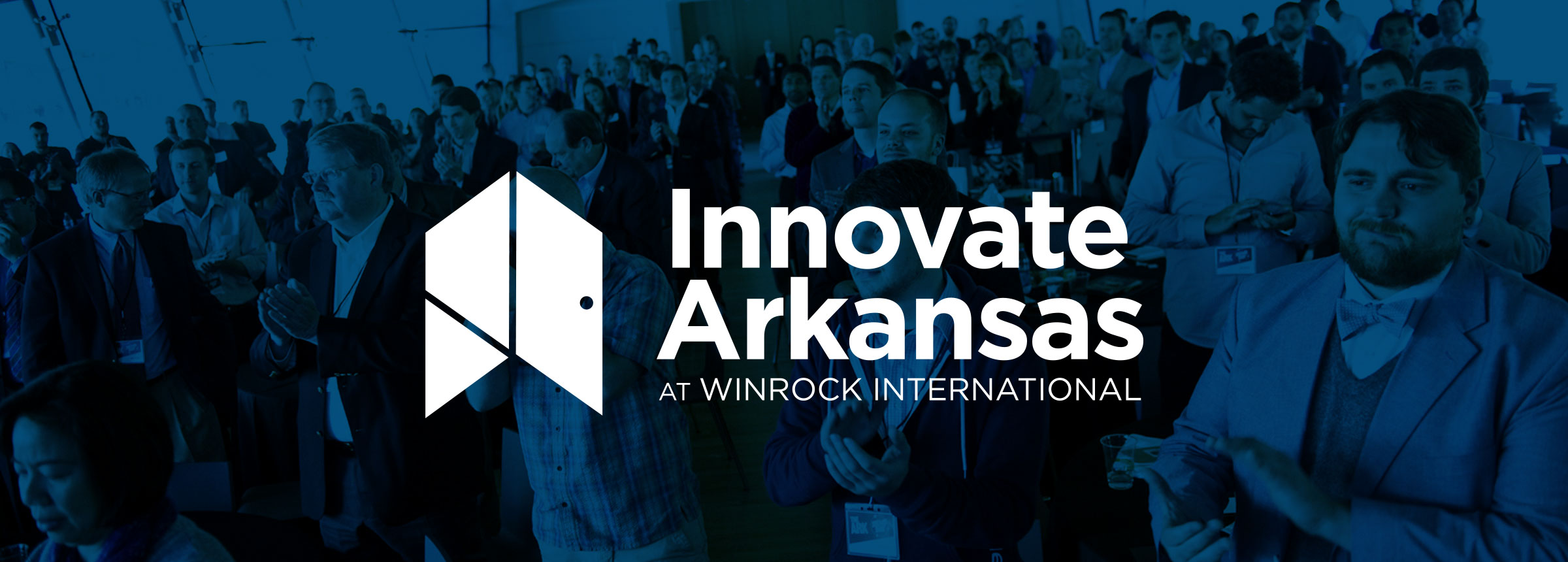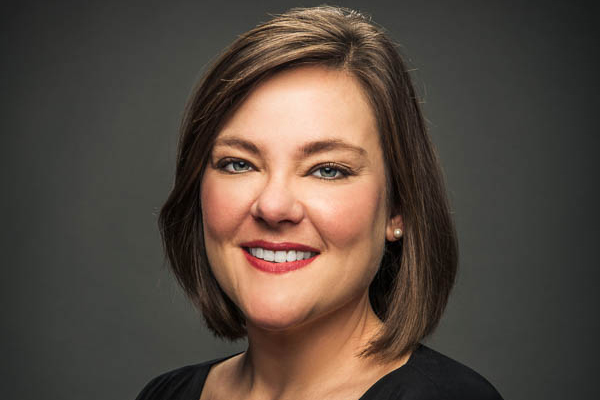
Winrock’s Dep. Director, U.S. Programs, Testifies on Rural Development Models
Submitted testimony of Linsley Matteson Kinkade Deputy Director, U.S. Programs, Winrock International House of Representatives Subcommittee on Economic Growth, Tax and Capital Access
Intro by US Representative Judy Chu: 35:19
Testimony begins: 36:18
Takes questions: 46:38, 53:41
Chairman Huelskamp, Ranking Member Chu, distinguished members of the committee, thank you for inviting me here today. My name is Linsley Kinkade. I am the Deputy Director of U.S. Programs at Winrock International.
Winrock International is a nonprofit organization that works with people in the United States and around the world to empower the disadvantaged, increase economic opportunity, and sustain natural resources. Winrock is based in Little Rock, Arkansas, the home state of our namesake, former Governor and Arkansas’s original economic developer, Winthrop Rockefeller.
I am pleased to be here to today to discuss innovative and sustainable economic and community development models taking place across rural America.
Winrock U.S. Programs is extensively involved in developing solutions for the challenges facing rural communities. Our on-the-ground technical assistance to community leaders and local organizations has been funded by grants and cooperative agreements from agencies and partners such as the United States Department of Agriculture, the Delta Regional Authority, the United States Department of Labor, the State of Arkansas, Kellogg Foundation and the Walton Family Foundation.
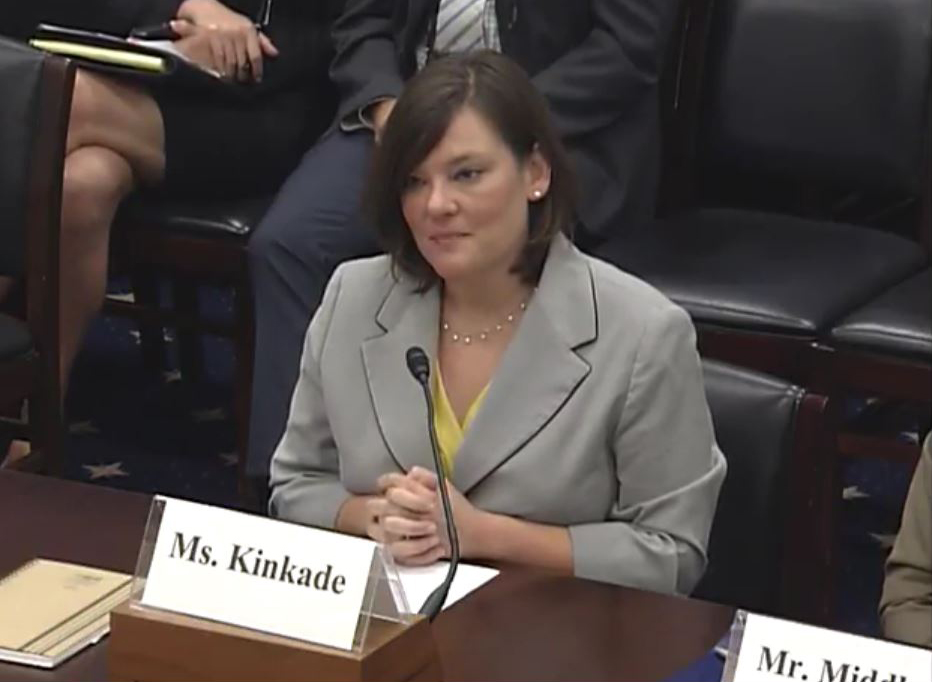 Winrock is based in Little Rock, the heart of a six-county metropolitan region which accounts for fewer than 720,000 people. Compared to large counties in California, Florida, New York or Texas, our metro area is certainly rural. However, Arkansas is home to more than 500 cities, with only 22 having a population more than 20,000 and only 60 cities with a population above 5,000; thereby making the Little Rock metro area one of Arkansas’s most urban environments. Winrock has seen successful economic and community development models blossom in both our urban and rural areas.
Winrock is based in Little Rock, the heart of a six-county metropolitan region which accounts for fewer than 720,000 people. Compared to large counties in California, Florida, New York or Texas, our metro area is certainly rural. However, Arkansas is home to more than 500 cities, with only 22 having a population more than 20,000 and only 60 cities with a population above 5,000; thereby making the Little Rock metro area one of Arkansas’s most urban environments. Winrock has seen successful economic and community development models blossom in both our urban and rural areas.
The Arkansas Women’s Business Center located in El Dorado, Arkansas, a city with a population of 18,000, provides technical assistance and training tailored to meet the needs of women business owners across the state of Arkansas. Funded in part through a cooperative agreement with the U.S. Small Business Administration, the Women’s Business Center has provided training to more than 700 clients, counseled more than 350 clients, helped 35 new businesses start, and assisted companies that have created 65 jobs.
The Innovate Arkansas initiative, funded by the State of Arkansas through its Economic Development Commission, convenes startup technology entrepreneurs in Arkansas and works with them as they become mature companies. Since 2008, Innovate Arkansas clients have launched more than 150 startups, created more than 600 jobs, and received more than $295 million from public and private sources.
Entrepreneurs and business owners in these programs are provided quality training, counseling, talent, access to capital, and other resources to empower and equip them to ensure business success with the ultimate goal of creating a sustainable entrepreneurial ecosystem.
The Innovation Hub at Winrock is a perfect example of an innovative and broad-based approach to talent and enterprise development that can be applied to rural and urban communities of any size. The Innovation Hub provides facilities and programs that support education and entrepreneurship for all age groups across a wide range of disciplines.
The Innovation Hub has planned, developed, and administered a broad array of entrepreneurial programs, including HubX-LifeSciences, a privately-funded world-class healthcare accelerator program that recently completed its initial cohort with seven highly accomplished companies from across the world. Those seven companies leveraged approximately $2 million of private capital from Arkansas-based investors.
Economic development occurs in communities where people can live, work, and grow. The revitalization of Main Streets and courthouse squares across rural America can be the catalyst for new community investment.
For example, municipal leaders in Lake Village, Arkansas, a community of approximately 2,500 realized that to compete and grow the redevelopment of downtown was critical. By combining more than $2 million in funding from various federal and state agencies and the city’s own coffers, the city renovated a dilapidated historic structure on its Main Street into a LEED-certified municipal building housing all city services. The project increased downtown foot traffic and convinced investors to renovate nearby buildings to house new small businesses interested in a downtown location.
Our rural communities remain hopeful for the future. Coupling innovative entrepreneurship programs with quality of life and place-making revitalization efforts can bring increased economic development in urban and rural areas alike.
Chairman Huelskamp, Ranking Member Chu, distinguished members of the committee, thank you for inviting me here today. I appreciate the opportunity to speak with you, and am happy to answer any questions you may have.
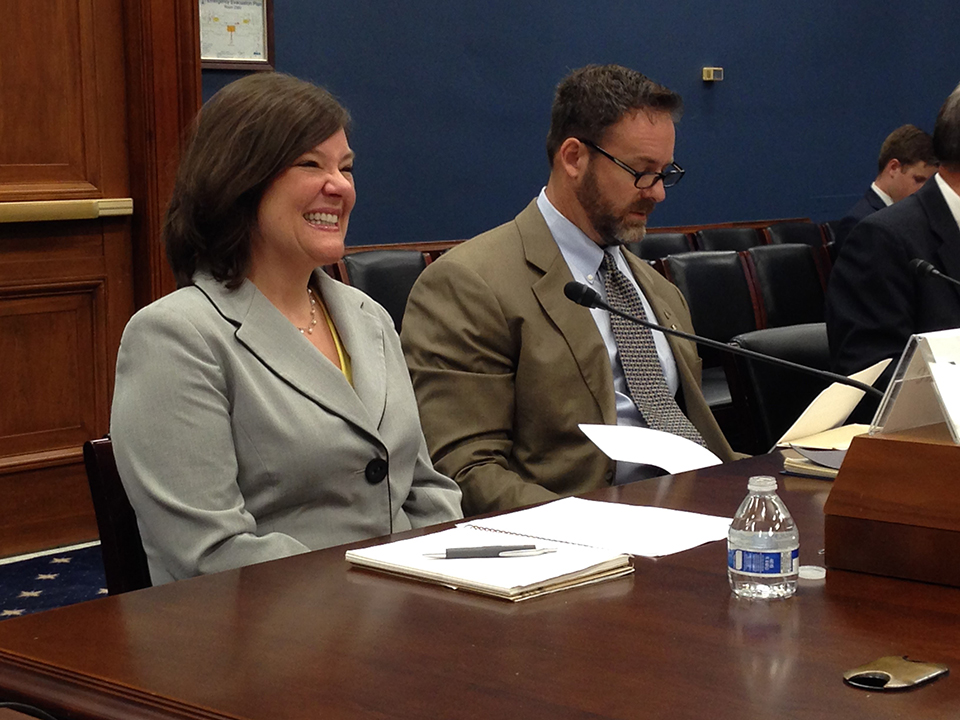
US Rep Chu (D-CA) Question 1:
Today the largest counties in the U.S. produce 58% of the country’s new businesses. The largest counties also produce more than twice as many jobs during the 2010 recovery as well as they did in past recoveries.
Are there any economic philosophies you believe can be taken from urban areas and implemented in rural areas to spur growth?
Kinkade Answer 1:
Yes, absolutely. One thing we’ve seen quite successful across the state of Arkansas is focusing on industry clusters in regions whether that be an urban area or a rural area, working with industry that’s already existing in a community and discovering what businesses are needed and suppliers are needed to continue to have that business in your community.
When you look at it that way, you’re not only creating new small business opportunities but you’re also providing business retention and expansion programs for industry that already exists by creating a community where that industry can stay and thrive and grow.
US Rep Chu (D-CA) Question 2:
Access to capital of course is extremely important for the small businesses to grow and to be maintained. In your opinion, what can be done to improve small businesses access to capital?
Kinkade Answer 2:
Access to capital is obviously a critical component of all small business development and in rural areas it can be a challenge. We’ve seen micro-lending programs work in smaller areas, where small businesses that don’t need large loans or may not yet be bankable are receiving smaller funds from organizations that are able to provide the need for the startup capital to get a business going.
I would also say developing venture capital in rural communities, angel investors, is extremely important as we get out into our rural areas. And Arkansas overall is a rural state so you could have venture capital funds across the state that may also provide funding to urban and rural areas alike.
US Rep Chu (D-CA) Question 3
There are several programs that have been created at the state level that help to finance small businesses for example the rural entrepreneurship assistance program has provided services to numerous small businesses throughout Nebraska. REAP has provided over 10 million dollars in loans and over 17 million dollars in additional funding from other sources. Can you describe this model in more detail and in your opinion does this program provide a realistic and effective model for other states to emulate?
Kinkade Answer 2:
Absolutely, access to capital in any form whether from the state, federal or local private investors is critical to small business development.
I find those programs to be extremely successful across the state, across the South in particular, so I would say yes that is a model that could very well be addressed in states and across federal and state’s governments.
US Rep Trent Kelly (R-MS) Question 3:
What are some the largest barriers to entry for new businesses and are rural businesses more effected by these barriers than their urban counter parts?
Kinkade Answer 3:
I think one of the largest barriers is one of the things we’ve already addressed today which is access to capital. Finding the resources to get that business started, as my colleagues have mentioned today, is one of the most critical components and one of the hardest things to address in rural America.
Related Projects
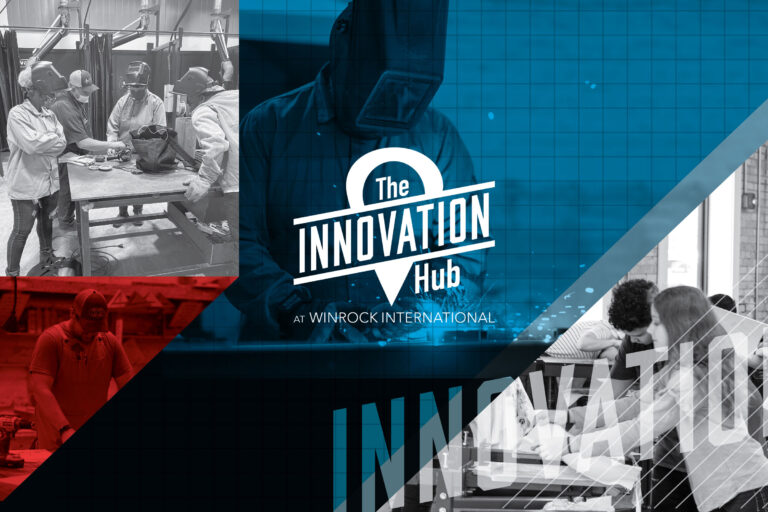
Arkansas Regional Innovation Hub
We have worked hard to create an accessible space that is open to anyone who wants to Learn and Build with us. We believe that the challenges of the 21st-century economy require us to do everything we can to develop, retain, and attract talent — which has always been our state’s greatest asset. That demands […]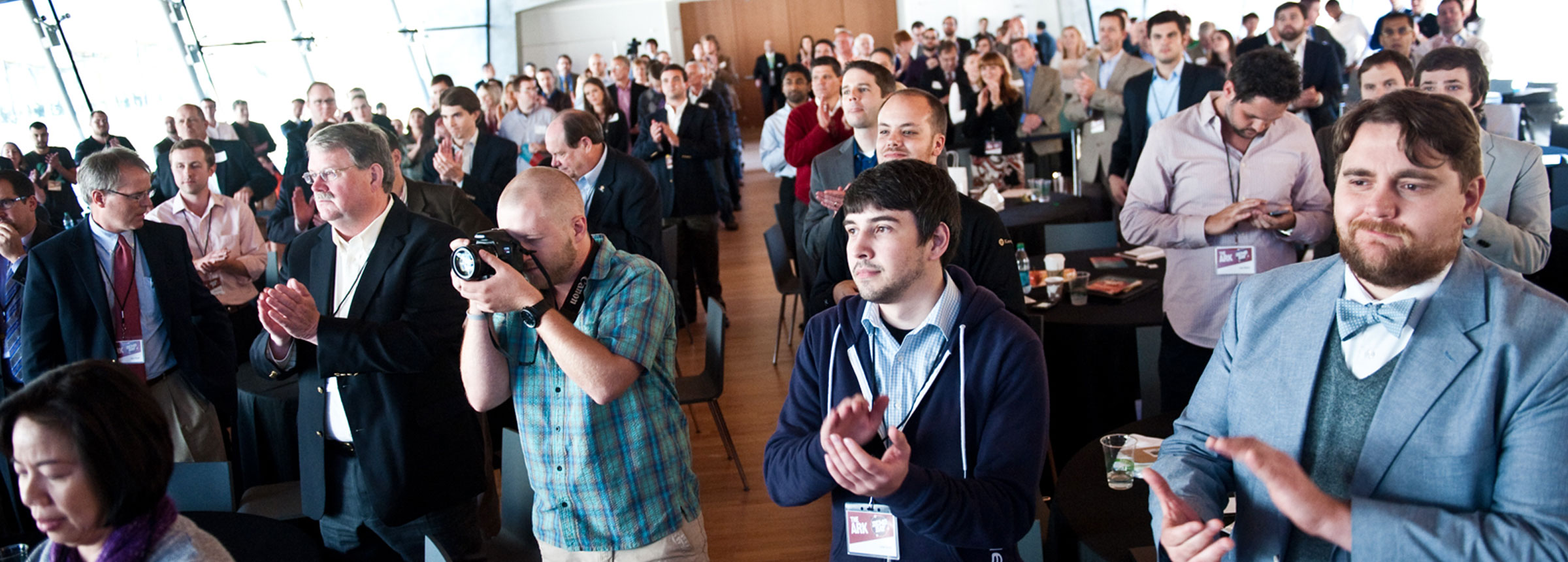
Innovate Arkansas V
Technology and innovation will create the 21st century’s best and highest-paying jobs. To help its home state reap the benefits of technology-driven economic development, Winrock’s Innovate Arkansas program is a critical resource for the state’s entrepreneurs. Through one-on-one client assistance specific to a company’s needs, we work to transform promising ideas and inventions into sustainable…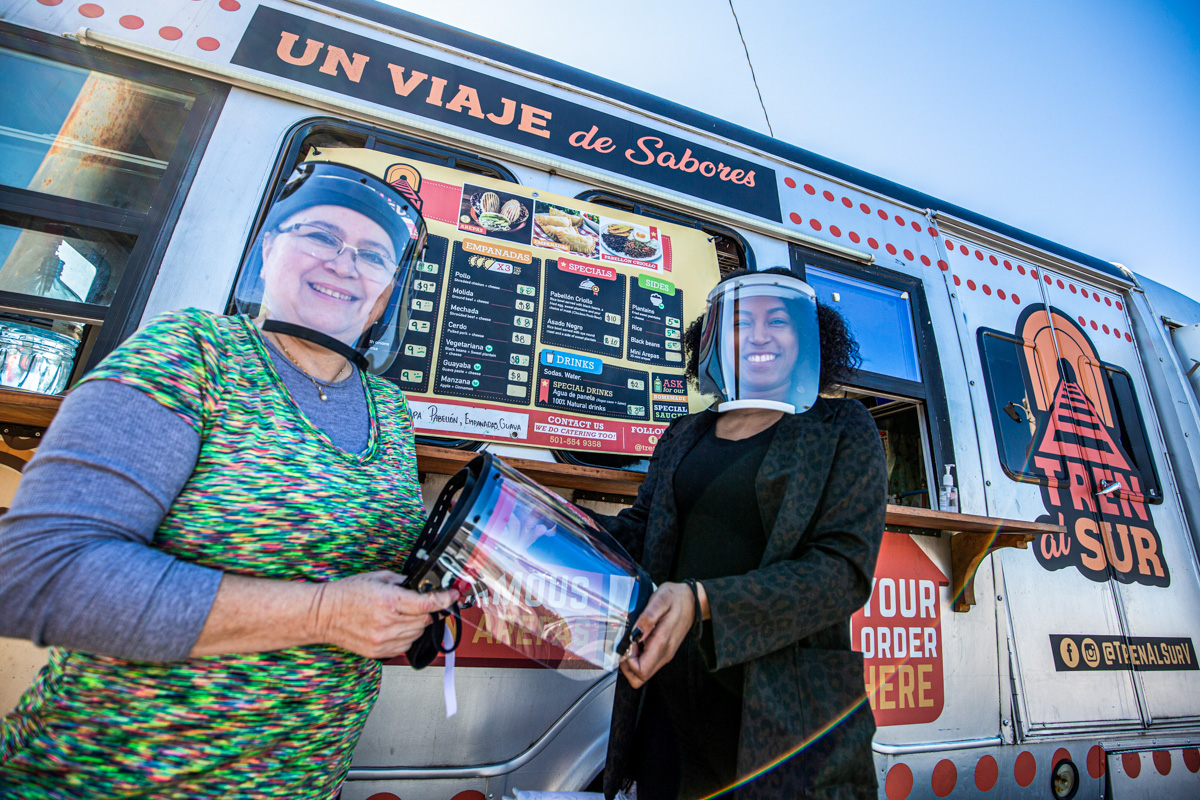
Arkansas Women’s Business Center
AWBC is committed to providing technical assistance, training, and access to capital services tailored to meet the needs of women business owners. The Center is funded in part through a Cooperative Agreement with the U.S. Small Business Administration. It is in a network of over 100 Centers located through the nation. Winrock’s staff and team of […]